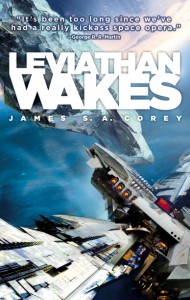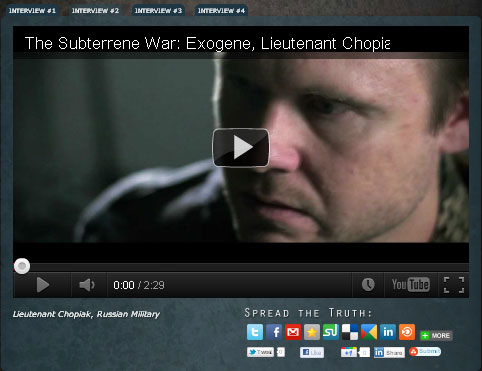Writing the Alien: It’s life, Jim . . . but it has to be as we know it. A bit, anyway.
I create and write a lot of non-human characters, and when I call them all “people” I’m not being politically correct. Whether the character’s an extra-terrestrial, a non-human animal, or an artificial intelligence, he, she, or it has to resonate with readers or players enough for them to understand what’s happening and why. The audience needs points of common reference: all of us do, and the novel is a form that’s very much about the human condition, even if some or all of those humans aren’t human at all. All storytelling – written, spoken, drawn, played — is about producing a feeling in the audience, regardless of the medium.
A creature that’s genuinely alien would by definition be so far outside our understanding that we’d struggle to find any common points. It’s perfectly possible to write a book about the completely impenetrable mystery of an alien life-form, but then the story becomes about the people observing it, not the aliens themselves. We might like to think we’re very different from other animals on our own planet, but we’re not, and the more that biologists have put aside our cultural biases about humans being unique, the more they’ve found we all have in common — communication, emotion, and even mathematical skill.
So novels are about people, using human reactions as a benchmark for the audience, even if the non-humans view the world very differently. What matters is their internal logic — why they see the world as they do — and the points where they mesh with or clash with us. I approach non-human characters exactly the same was as I do human ones, starting with their environment and, for want of a better word, biology. What kind of creature would live in this world? What would it need to do to thrive? What would its needs and fears be? I have to be able to get inside every character’s head and see the world as they see it, because that’s what my stories are — every character’s thought processes and experiences, seen through their own eyes, not through mine. As in real life, characters see the same situation in very different and often conflicting ways, and aliens and other non-humans are one of the richest ways of observing this.
I’ve created an alien species, the Wess’har, whose evolutionary survival strategy was cooperation rather than competition, but it didn’t make them remotely friendly to humans. I’m currently writing an AI character who has no corporeal form but is constantly looking for analogues in his own systems to reach a better understanding of the humans he works with. In another series, I have non-humans who are actually very human indeed, in that their worst excesses are in fact mirrors of our own that the humans in the story don’t even recognise. (more…)


 However, when I was writing my first SF novel DEBATABLE SPACE, I was very struck by the fact that in modern wars then being fought (this was at the height of the Iraq war) such supposed science fictional technology had become a matter of fact. We’ve seen smart missiles turning corners and unmanned drones hovering above enemy forces, and peasant guerrillas brandishing surface to air rocket-launchers that fire missiles with computer tracking technology. The war of the future is with us today; and my Doppelganger Robots are no more than a minor extrapolation of what is taking place already.
However, when I was writing my first SF novel DEBATABLE SPACE, I was very struck by the fact that in modern wars then being fought (this was at the height of the Iraq war) such supposed science fictional technology had become a matter of fact. We’ve seen smart missiles turning corners and unmanned drones hovering above enemy forces, and peasant guerrillas brandishing surface to air rocket-launchers that fire missiles with computer tracking technology. The war of the future is with us today; and my Doppelganger Robots are no more than a minor extrapolation of what is taking place already.

![Corey_CalibansWar-TP[1]](https://www.orbitbooks.net/wp-content/uploads/2012/03/Corey_CalibansWar-TP1.jpg)
![BlogFultz_Yandrissa(ES)[1]](https://www.orbitbooks.net/wp-content/uploads/2012/03/BlogFultz_YandrissaES1.jpg)
![blogMcCarthy_APeoplesArmy(ES)[1]](https://www.orbitbooks.net/wp-content/uploads/2012/03/blogMcCarthy_APeoplesArmyES1.jpg)
